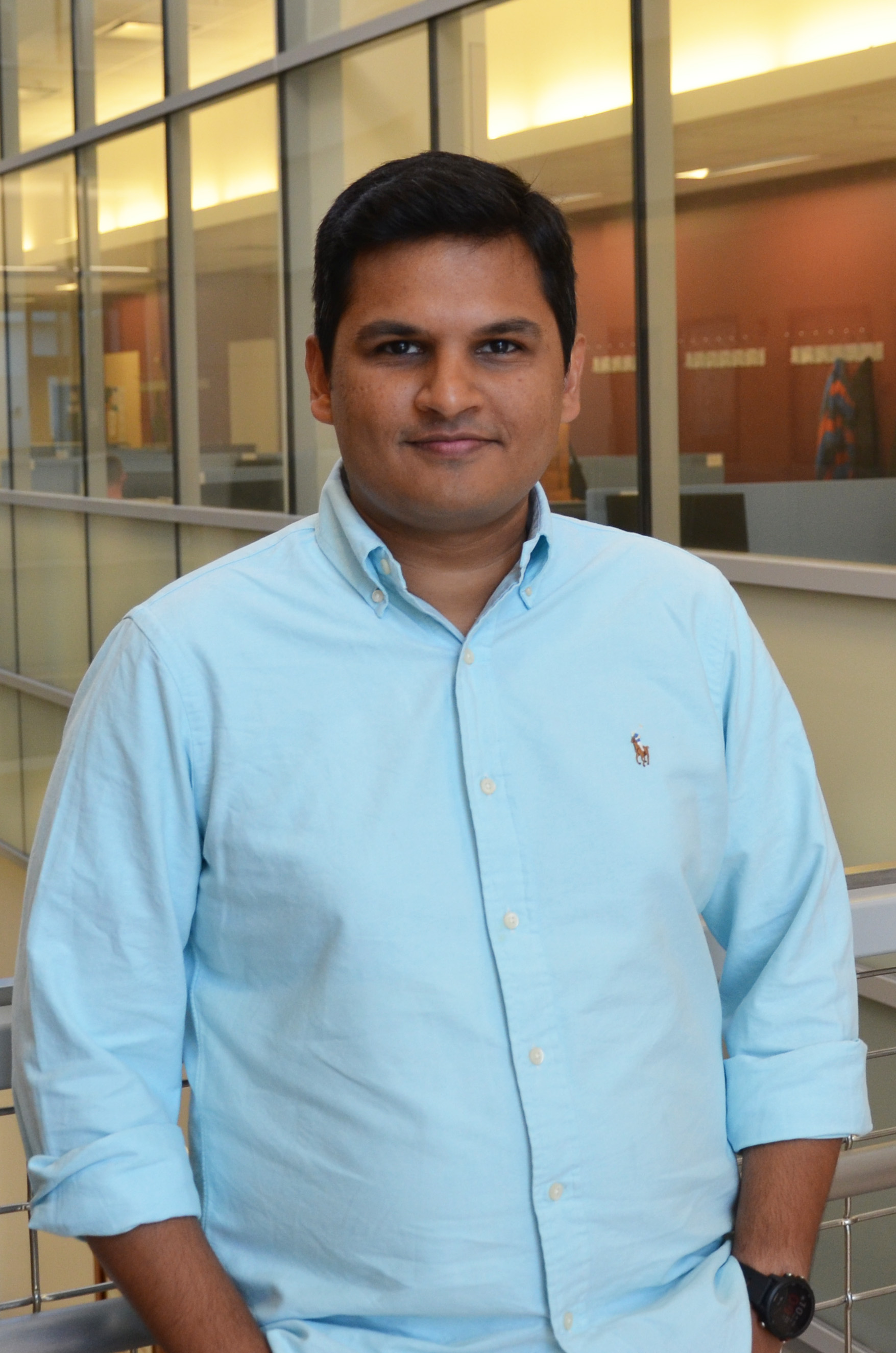National Institutes of Health awards Qazi $1.9 million MIRA Award
Taimoor Qazi, assistant professor of Biomedical Engineering, has received a $1.9 million Maximizing Investigators’ Research Award (MIRA) from the National Institute of General Medical Sciences (NIGMS).
Qazi’s research team at the Weldon School develops biomaterials for applications in the field of tissue engineering and regenerative medicine. The 5-year MIRA grant will support their research on using biomaterials as experimental platforms to study how different cells contribute to wound healing.
Wound healing is the body’s natural response to tissue injury and although it may sound or even look simple to most people, there are several complicated biological processes happening simultaneously in the wound microenvironment. “Several cell populations participate in wound healing and the physical and chemical properties of their biological microenvironment affect the cells’ ability to successfully implement a healing response”, said Qazi. These cells may go on to form new blood vessels or rebuild new tissue scaffolding called the extracellular matrix, both of which are crucial processes that occur during wound healing. “Studying cell-matrix interactions is important because it can provide clues for new therapies to support better and faster tissue healing, and it can also help us understand what goes wrong when an injured tissue does not heal properly.”
To accomplish their goals, the team will engineer soft polymer hydrogels with tunable properties to re-create the most relevant physical, mechanical, and biochemical characteristics of the wound environment. Building biomaterials from the bottom-up allows Qazi’s team to add as much complexity as needed to mimic native tissue conditions, enabling them to investigate how the matrix instructs cell behavior. “My lab’s interdisciplinary expertise uniquely positions us to pursue these exciting research projects, which will require us to combine principles of materials science, polymer chemistry, cell biology, and bioengineering”, remarked Qazi.
The goal of the MIRA funding mechanism is to increase the efficiency of NIGMS funding by providing investigators with greater stability and flexibility, thereby enhancing scientific productivity and the chances for making important breakthroughs.
Sources: Taimoor Qazi, tqazi@purdue.edu

